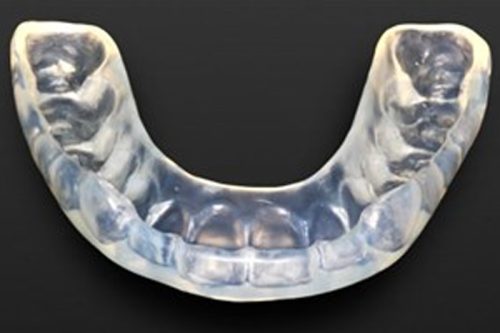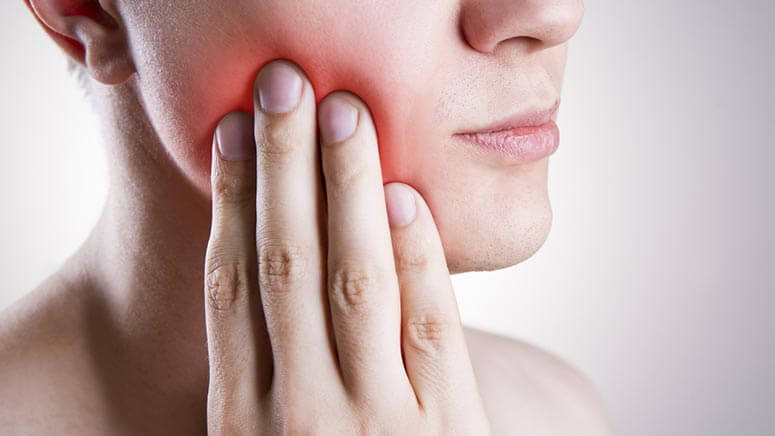The term “bruxism” refers to the grinding and clenching of teeth experienced by many children and adults throughout their lives. Bruxism occurs when the teeth come into intense contact with each other, which can be silent or produce a loud noise, especially when we are sleeping.
Why does teeth grinding occur?
Many doctors and dentists may not always know the exact cause, but bruxism can occur due to psychological stress that people may experience during the day. Stress can be categorized into two types — internal and external factors.
Internal factors could include the foods you eat, your level of physical fitness, your emotional stability, your overall health and wellness, and the amount and quality of sleep you get each night. External psychological stress factors include the environment you are in every day, interactions with others at home or work, and how you handle daily challenges.
The impact of bruxism on the mouth
There are many symptoms that may appear in the mouth when people experience bruxism:
- Wear of tooth enamel and possibly dentin
- Cracking or chipping of teeth, bridges, or implants
- Tooth sensitivity may occur
- Teeth may become painful when chewing or may become loose
- Facial pain due to jaw muscle clenching
- Headaches
- Overall facial fatigue
- Pain in the temporomandibular joint
Managing the Problem
Most individuals suffering from bruxism should visit their dentist to determine why they are experiencing this issue.
Your dentist may recommend wearing a mouthguard to reduce clenching or grinding of teeth during sleep.
Additionally, your dentist may suggest ways to reduce stress, helping to lower the level of bruxism.
You should consider avoiding foods like chocolate and beverages that contain caffeine and alcohol.
The doctor will usually recommend avoiding hard chewing and may suggest exercises to relax your jaw muscles during the day.
If your bruxism is more severe, medication may be prescribed to relax you or help you sleep more peacefully.

The process of making a bruxism mouthguard is very simple and takes only a few minutes.
Using a special intraoral scanner, we scan the teeth of the upper and lower jaw, and the digital file is sent to the dental laboratory, which will manufacture the mouthguard.
A second session is required for the delivery and adjustment of the mouthguard, where its fit and proper function are checked.
It is primarily used at night, but it can also be used during the day if necessary.
The mouthguard prevents the teeth from closing in their usual vertical dimension and balances the pressures on them. This leads to muscle relaxation and alleviation of symptoms.
Additionally, using the mouthguard protects the teeth from wear, reduces their mobility, and safeguards prosthetic work or dental implants, if present, from fractures due to stress.

